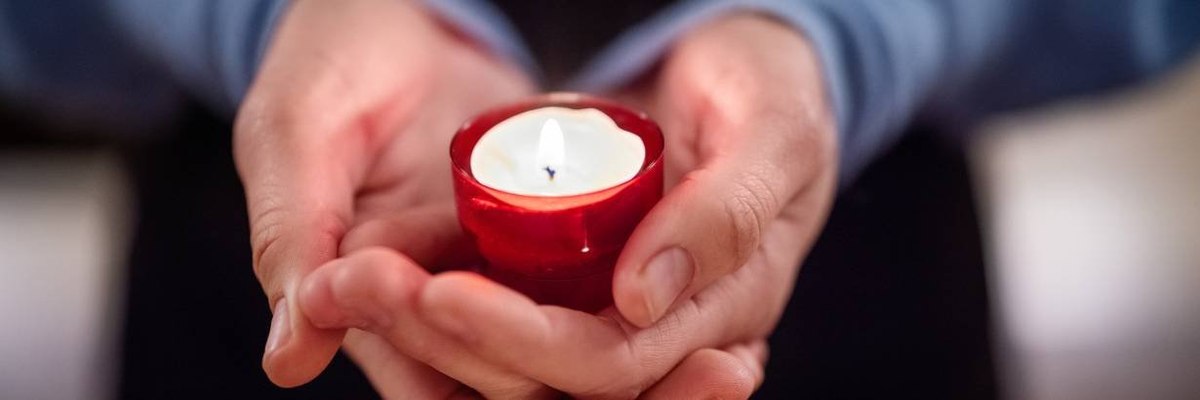Is all human life equal?
In January a former Supreme Court judge and civil liberties campaigner Lord Sumption sparked controversy when he claimed that ‘all lives are not of equal value’. The YouGov Death Study shows what Britons think about the value of human life.
While a vast majority (73%) say all human lives are equally valuable, one in five (20%) think this is not the case. More men (23%) than women (17%) think that not all human lives are equally valuable.
The YouGov Death Study finds that the less religious a person is, the more likely they are to believe that all lives do not have equal value. Among religious Britons who actively practice their faith, eight in ten (82%) think that the lives of all humans are equally valuable, with 12% disagreeing. Three quarters (75%) of Britons who are not practicing their religion say that all human lives are worth the same, while 20% of them disagree. Of the Britons who do not belong to any particular religion, 69% say all human lives have equal value, but a quarter (24%) think they do not.
How many people have wished death on someone?
A third of Britons (32%) report they have seriously wished death upon someone. While 8% regret it, a quarter (24%) don’t. A third of men (36%) wished death on someone, compared to about three in ten (28%) women.
Among Britons who actively practice their religion, a quarter (26%) say they have sincerely wished for someone to die, with more of those who say they don’t regret it (15%) than those who do (11%).
Is it ok to be pleased that someone has died?
YouGov research reveals that over half of Britons (56%) think it can be acceptable to celebrate someone’s death, while 23% say that can never be the case.
Men (61%) are likelier than women (51%) to think it is ok to rejoice over somebody’s death. Men aged 16-24 are significantly more likely than all other Britons (71% vs 43-60%) to think it is ok to cheer someone’s demise.










